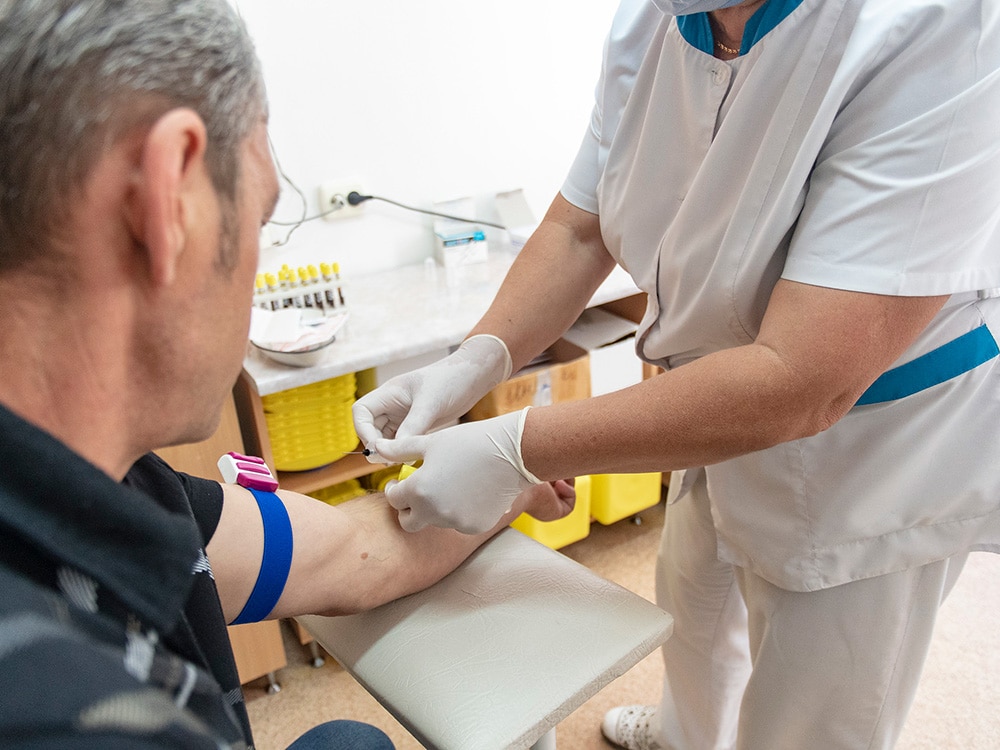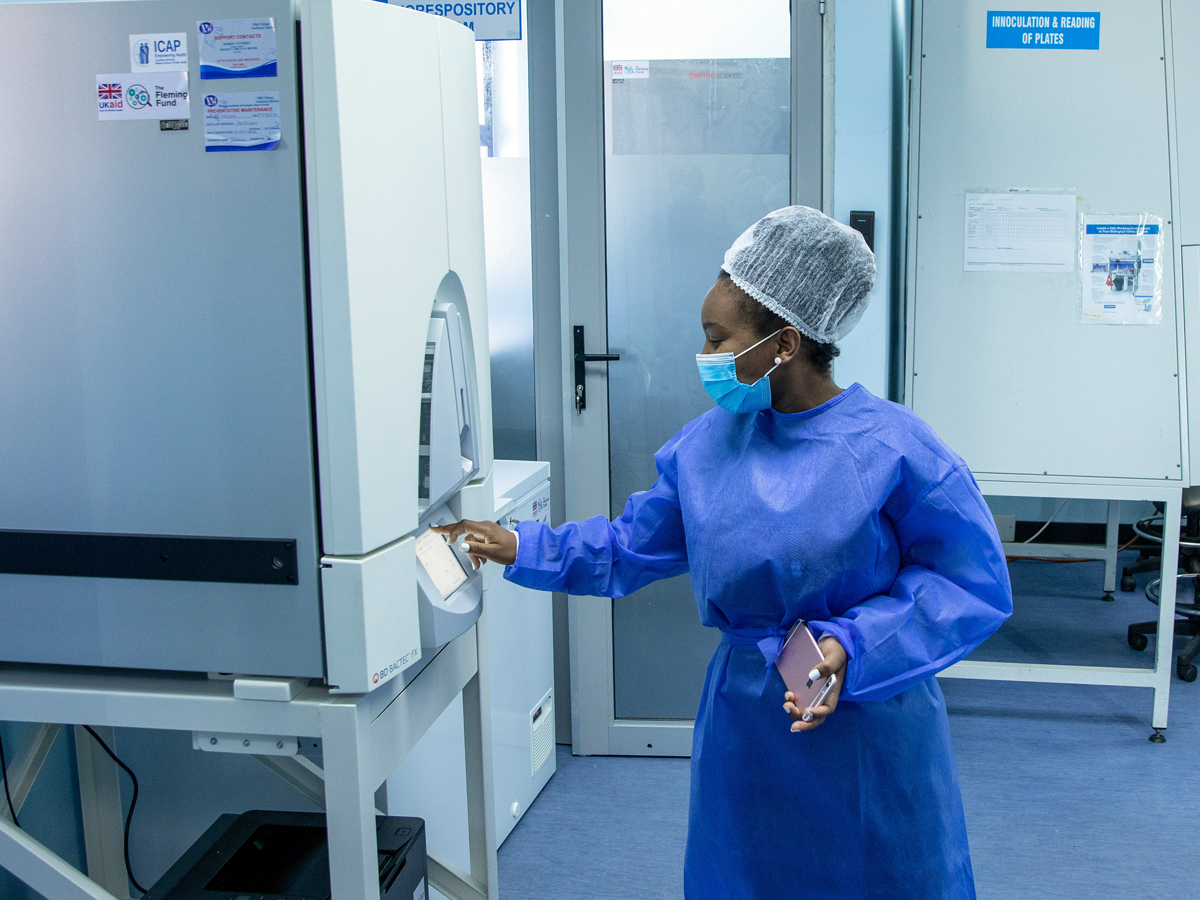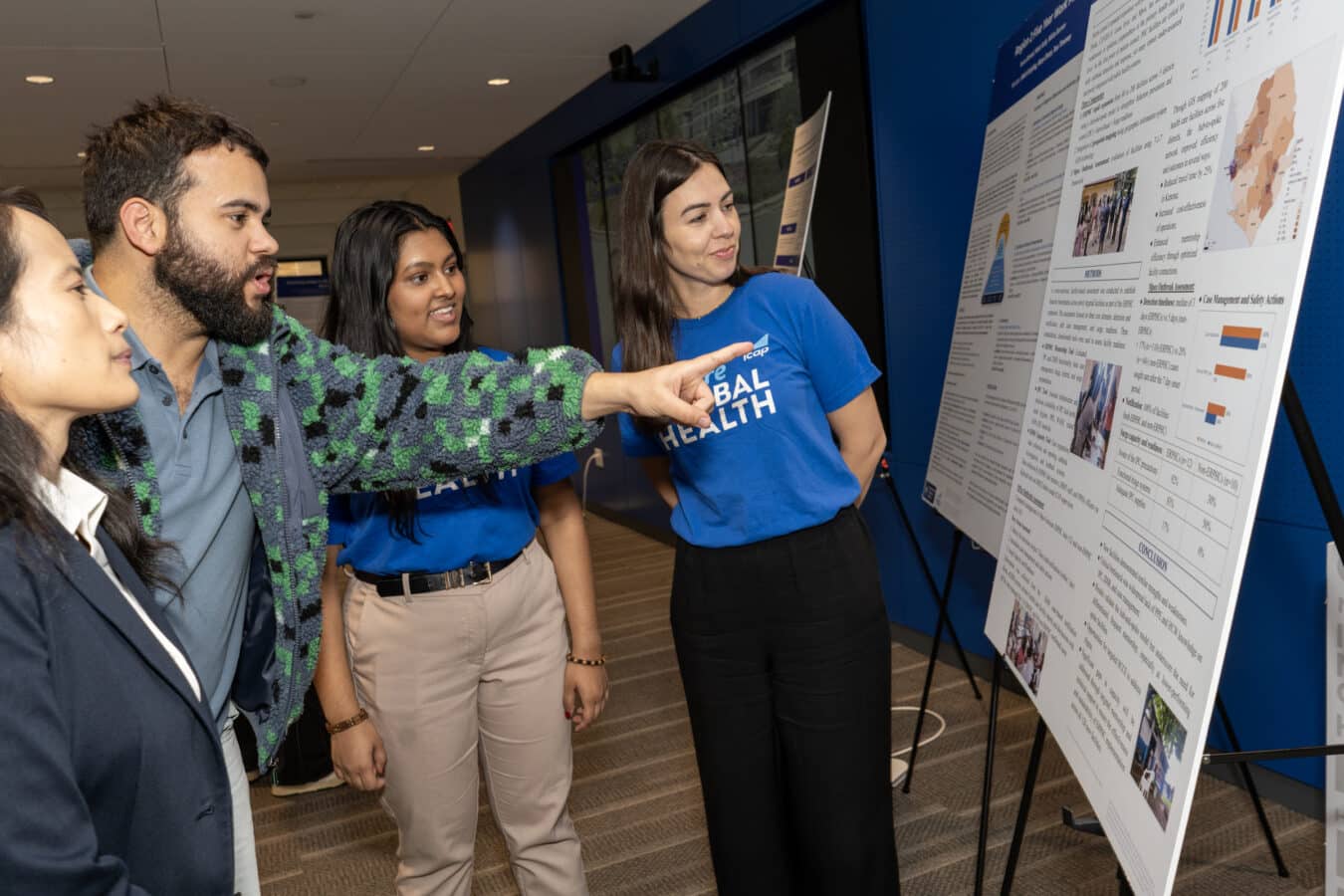In January 2025, ICAP at Columbia University, in partnership with the National Center for Public Health (NCPH) and with the support of Chevron in Kazakhstan, launched a project aimed at strengthening capacity and training personnel in Public Health Emergency Management (PHEM). The goal of the Strengthening Public Health Emergency Management Systems in Kazakhstan project is to enhance regional preparedness for responding to biological and technological emergencies, thereby contributing to the development of resilient health systems.
“In the face of growing global and domestic risks, the key challenge is not only to monitor threats, but also to train personnel capable of responding effectively to emergencies. We aim to strengthen the capacity of both national and regional structures by developing a forecasting system and improving response plans,” said Aizhan Yesmagambetova, Chairperson of the Management Board of the NCPH. “This project will be an important step towards building a sustainable public health system in Kazakhstan,”
The project work plan has been coordinated with key national and international partners involved in the implementation of national initiatives to strengthen public health emergency management systems.
As a critical first step in developing emergency management infrastructure, the project has equipped the Public Health Emergency Operations Center (PHEOC) of the Ministry of Health with modern technology. The operations center facilitates rapid response efforts of public health authorities and organizations in coordination with other stakeholders to address public health emergencies of biological, chemical, and radiological nature.
In March 2025, ICAP procured and transferred NCPH computers, multifunctional devices for rapid printing and scanning, and uninterruptible power supplies to ensure stable operation of technical equipment. In addition to hardware, licensed software such as Microsoft 365 and Power BI Pro was provided to support data analysis and workflow management. This equipment will enhance the efficiency of monitoring and coordination in public health emergency management.
As part of the project, experience-sharing seminars between regions will be conducted, along with simulation-based training for rapid response teams in public health emergency management. Additionally, methodological and advisory support will be provided for the development, review, and implementation of Standard Operating Procedures (SOPs) in key areas of PHEM in the Aktobe, Atyrau, Mangystau, West Kazakhstan, and North Kazakhstan regions.
One of the key activities of the project will be an experience-sharing seminar and discussion of lessons learned in public health emergency response, scheduled for April 23–24, 2025, in Almaty. Participants will include representatives from the Central Office and Territorial Departments of the Committee for Sanitary and Epidemiological Control (CSEC), the Central Office and Territorial Departments of the Ministry of Emergency Situations (MES), the Ministry of Agriculture (MoA) and its territorial inspections, and the health departments of five regional akimats. During the seminar, participants will assess the risks and challenges associated with public health emergencies, adapt the operational response plan based on identified threats, and develop a priority list of areas for future training and capacity-building of specialists.
The project is expected to enhance the qualifications of regional rapid response teams, improve emergency preparedness and response plans, and strengthen intersectoral coordination at both regional and national levels.
—————————–
About Chevron
Chevron is one of the world’s leading integrated energy companies. We believe affordable, reliable and ever-cleaner energy is essential to enabling human progress. Chevron produces crude oil and natural gas; manufactures transportation fuels, lubricants, petrochemicals and additives; and develops technologies that enhance our business and the industry. We aim to grow our oil and gas business, lower the carbon intensity of our operations and grow new businesses in renewable fuels, carbon capture and offsets, hydrogen, power generation for data centers, and emerging technologies. More information about Chevron is available at www.chevron.com.
About ICAP
A major global health organization that has been improving public health in countries around the world for two decades, ICAP works to transform the health of populations through innovation, science, and global collaboration. Based at Columbia Mailman School of Public Health, ICAP has projects in more than 40 countries, working side-by-side with ministries of health and local governmental, non-governmental, academic, and community partners to confront some of the world’s greatest health challenges. Through evidence-informed programs, meaningful research, tailored technical assistance, effective training and education programs, and rigorous surveillance to measure and evaluate the impact of public health interventions, ICAP aims to realize a global vision of healthy people, empowered communities, and thriving societies. Online at icap.columbia.edu








